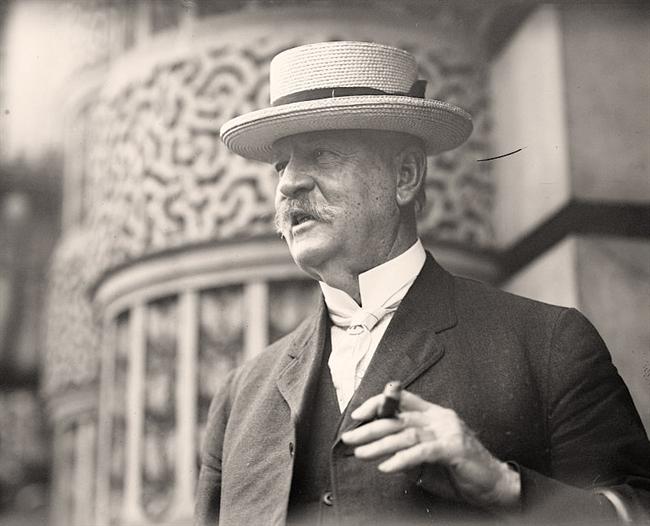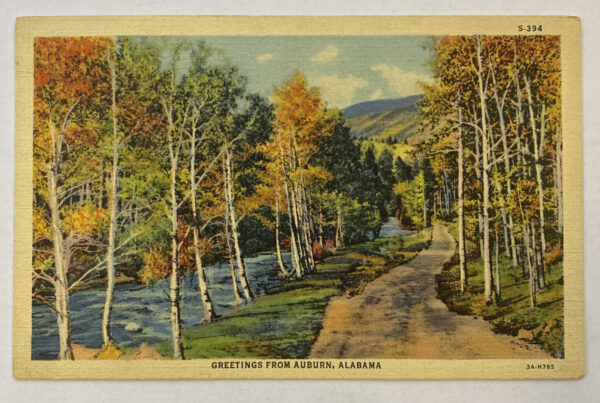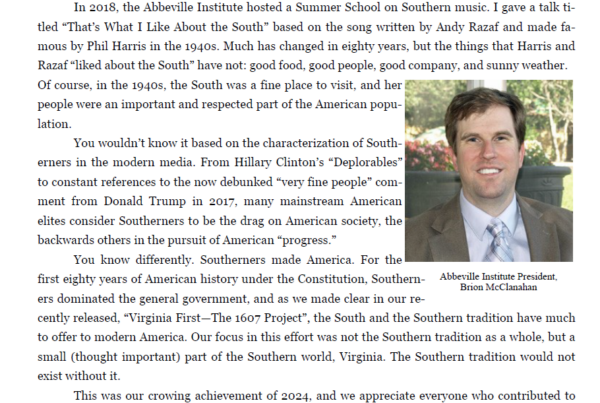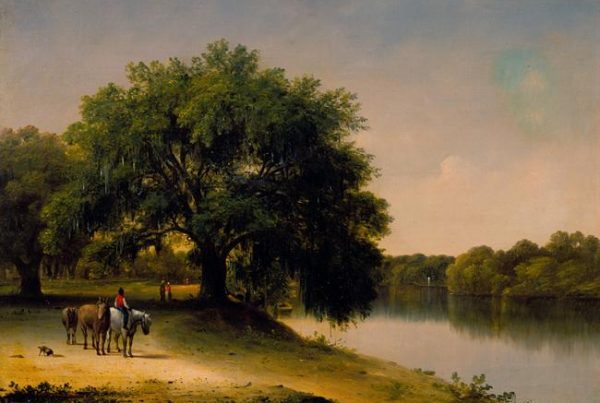—there was no television; and then when there was one station on two hours a day.
—newspapers were locally owned, had lots of locally written literate material, and even had intelligent independent commentary on the editorial page.
—a male American seen carrying an umbrella would have been ridiculed and probably beat up.
—most people had not been up in an airplane.
—Ford Model-A’s and Model-T’s were most of the cars on the roads, many of which were unpaved. And mule wagons could still be seen now and then.
—ten-year-old boys were expected to carry paper routes and mow lawns (without protective gear) for spending money, in addition to the unpaid chores at home.
—it was considered normal for twelve-year-old boys to spend all day in the woods with a rifle.
—there were no organized sports before high school; however, all schools had atomic bomb drills.
—no American male not of venerable age refused a challenge to fight, even from a bigger opponent, without serious disgrace.
—every major Hollywood star (including a future President) played an admirable Confederate in the movies.
—girls always wore dresses or skirts.
—It was taken for granted that boys would always defend and never insult or mistreat girls.
—all of the immigrants in town consisted of two families that everybody knew.
—I saw my first foreign car.
—I saw my first soccer game (after I was grown).
—I enjoyed my first pizza (I was almost grown).
—soft drinks cost a nickel.
—you could get a full supper for 30 cents and a full gas tank for $2.
—Doctors often delivered babies at home. And would make a routine house call for $5.
—my first car cost less than bicycles do now.
—Protestants thought it inappropriate to attend movies and amusement parks on Sunday.
—chewing tobacco, snuff, and roll-your-own cigarettes were common.
—polio victims and iron lungs were familiar.
—the only people I knew who had been to Europe were in the Army.
—Senators wore white linen suits and big hats, at least in my part of the country, and spoke outdoors without a microphone.
—everyone knew that politicians took bribes and otherwise misbehaved, but they kept it small-scale and discreet.
—Washington was mostly an easy-going Southern town. The suburbs were still part of Virginia and were represented in Congress by a conservative Southern Democrat (Howard Smith, famous for blocking leftist legislation supported by Northeastern and Midwestern Republicans and Democrats).
—”We” were at war, then “We” really were at war.
—”We” understood that wars really did mean killing and being killed.
—Almost every family we knew had members “over there” somewhere in the war; in our family and many that we knew, some did not come back alive.
—most Americans actually believed in cause and effect.
—a politician who wanted to put women in combat would have had to leave the state in disguise on the midnight train.
—Marines were considered the best of American manhood.
—Of course I came from a backward area, but then it was not so long ago.
SOURCE: From www.chroniclesmagazine.org.







